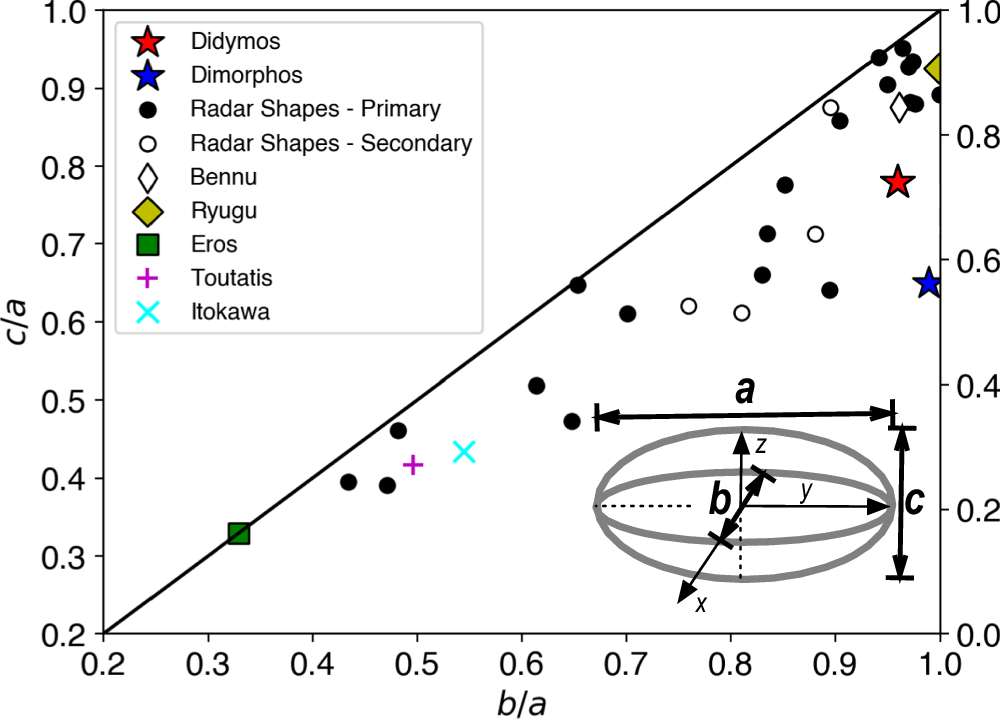
The geology and evolution of the Near-Earth binary asteroid system (65803) Didymos
Nature Portfolio 2 years ago

layersDaily Sustainability Digest
Published about 12 hours ago
The redesign of the Bridgwater tidal barrier represents a decisive step towards sustainable construction grounded in engineering efficiency. The project integrates sustainable building design principles to reduce embodied carbon and improve resource efficiency in construction. Its optimisation of structure and materials supports net zero whole life carbon performance while maintaining resilience for 12,800 homes. The initiative exemplifies how whole life carbon assessment can drive low-impact construction through disciplined design, avoiding unnecessary complexity and minimising the carbon footprint of construction without compromising safety or environmental sustainability in construction.
Show MorearticleFeatured News

Westminster adopts retrofit first policy
3 days ago

Amid Ocean Warming, Maine Plans for What Comes Next
6 hours ago

SBTi joins ISEAL in latest bid to strengthen governance and transparency
6 hours ago

Climate change, nature loss, and inactivity could cut sports industry revenues 14 per cent by 2030
6 hours ago

Alexandra Security steps up protection with new SR2-rated fencing system
13 hours ago

Defra issues update on packaging waste export digital service
15 hours ago
play_circleFeatured Videos

BEST Things I Saw in Vegas at CES 2026
3 days ago

What’s next for the circular economy in 2026?
3 days ago

Why Sustainability Feels Hard, And What Actually Breaks Projects
7 days ago

How Graphene is Changing the World … Right Now
10 days ago

How Solar Changed in 2025 (And What's Next)
1 month ago

Greenwashing: Tricks & Real Examples of Corporate Deception
1 month ago
podcastsFeatured Podcasts

Scaling Low-Carbon Building Data for Real Impact with Jack Rusk
2 days ago

What’s next for the circular economy in 2026?
3 days ago

Ep 206: What’s next for the circular economy in 2026?
3 days ago

5 Surge Protection Misconceptions: ICYMI
3 days ago

173 Giulio Bonazzi of Aquafil – pioneering regenerative nylon
5 days ago

Laura Eigel
7 days ago
Get your opinion heard:
Whole Life Carbon is a platform for the entire construction industry—both in the UK and internationally. We track the latest publications, debates, and events related to whole life guidance and sustainability. If you have any enquiries or opinions to share, please do get in touch.
WLC Assistant
Ask me about sustainability











